- Home
- Health Condition
Medicine For Pcos
Medicine For Pcos
- Total Items (792)
 RX
RXMetital Tablet 15's
₹419.90
MRP ₹466.50
10% off
 RX
RXSusten 200 Capsule 10's
₹350.10
MRP ₹389
10% off
 RX
RXSusten 400 Capsule 10's
₹615.60
MRP ₹684
10% off
 RX
RXSusten SR 200 Tablet 10's
₹463.50
MRP ₹515
10% off
 RX
RXSusten SR 300 Tablet 10's
₹625.50
MRP ₹695
10% off
 RX
RXDydroboon Tablet 10's
₹584.10
MRP ₹649
10% off
 RX
RXDydrogest 10 Tablet 10's
₹648.50
MRP ₹720.50
10% off
 RX
RXCorectia M Tablet 10's
₹254.70
MRP ₹283
10% off
 RX
RXDuphaston 10 mg Tablet 10's
₹865.50
MRP ₹961.50
10% off
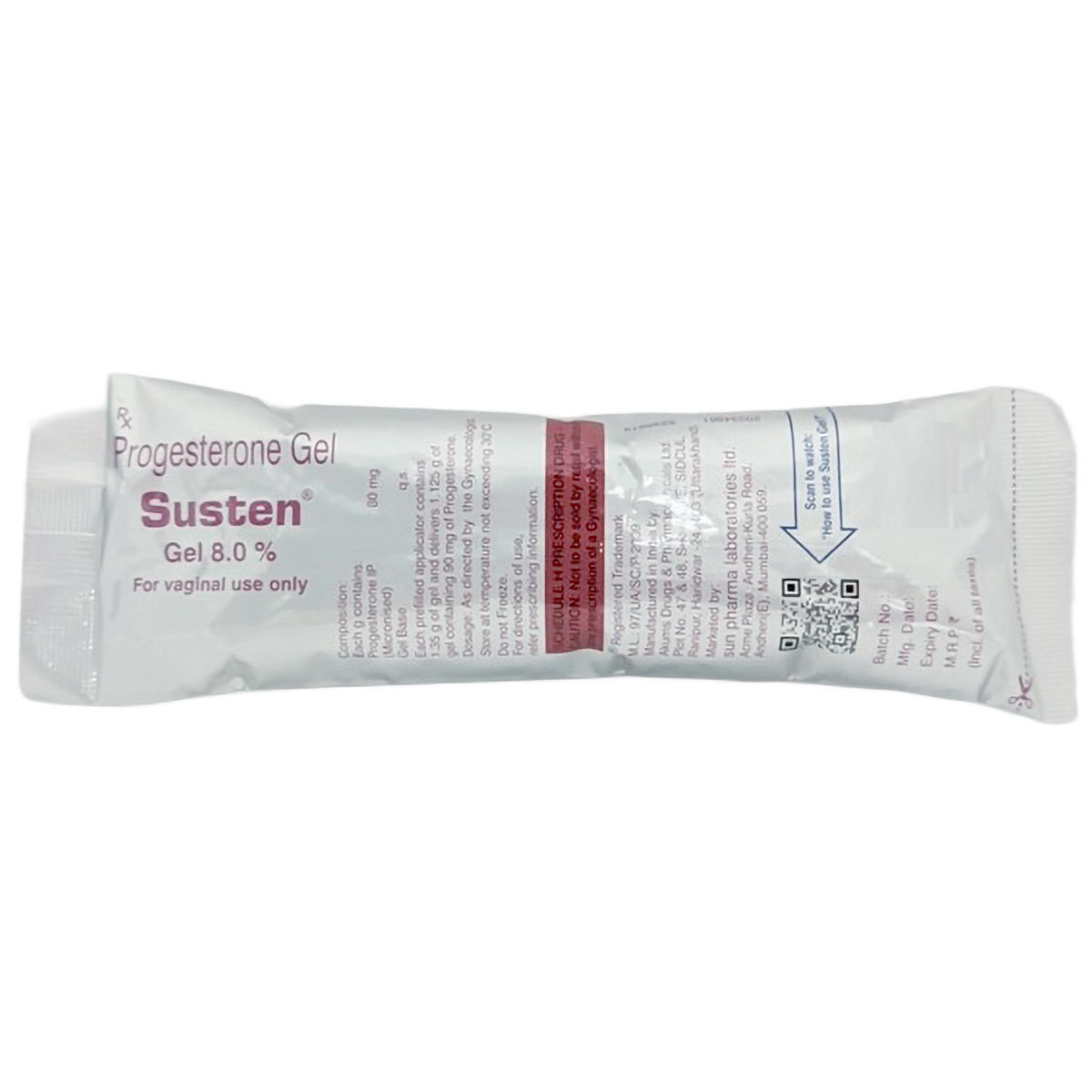 RX
RXSusten 8% Gel 1's
₹157.50
MRP ₹175
10% off
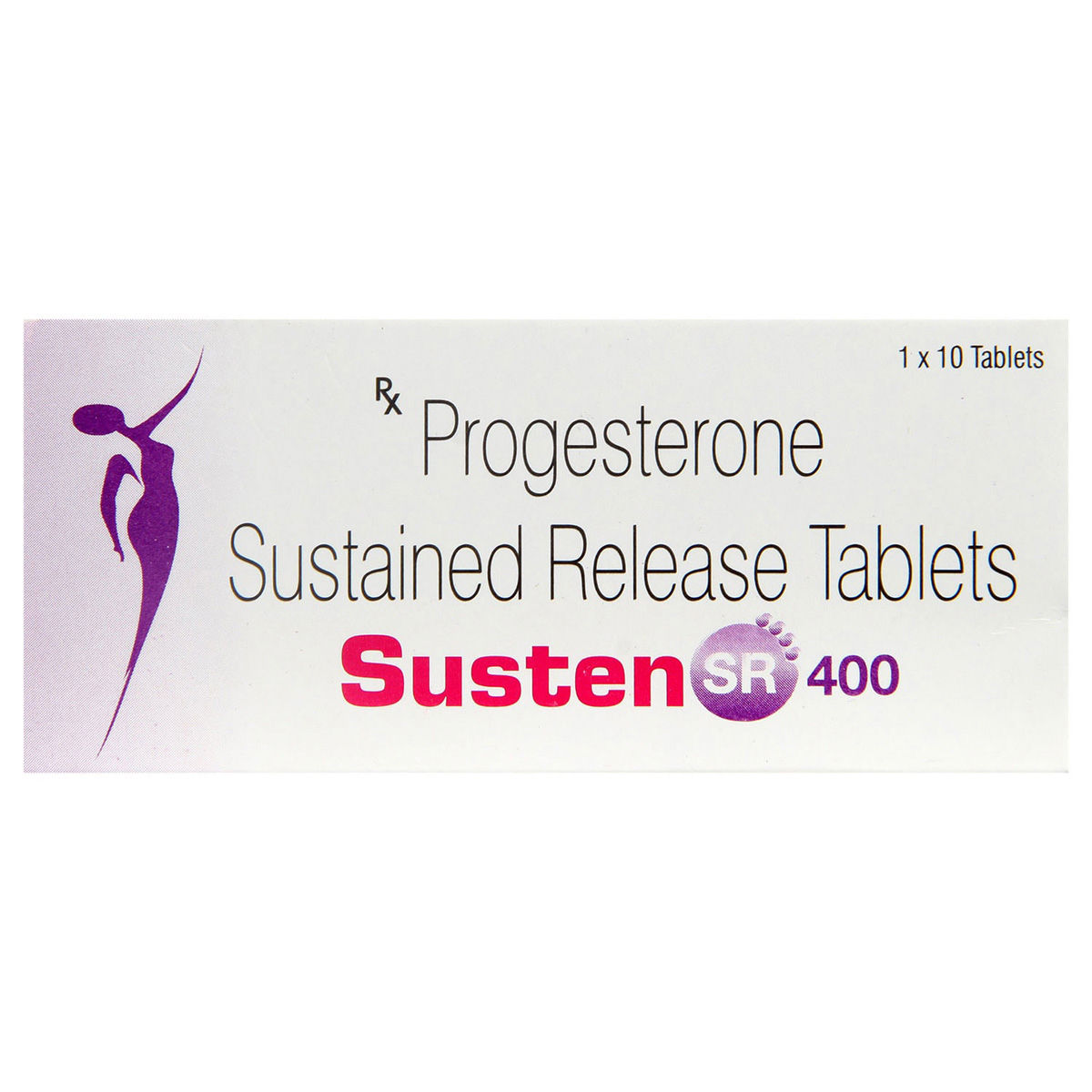 RX
RXSusten SR 400 Tablet 10's
₹715.50
MRP ₹795
10% off
 RX
RXDiane 35 Tablet 21's
₹400.50
MRP ₹445
10% off
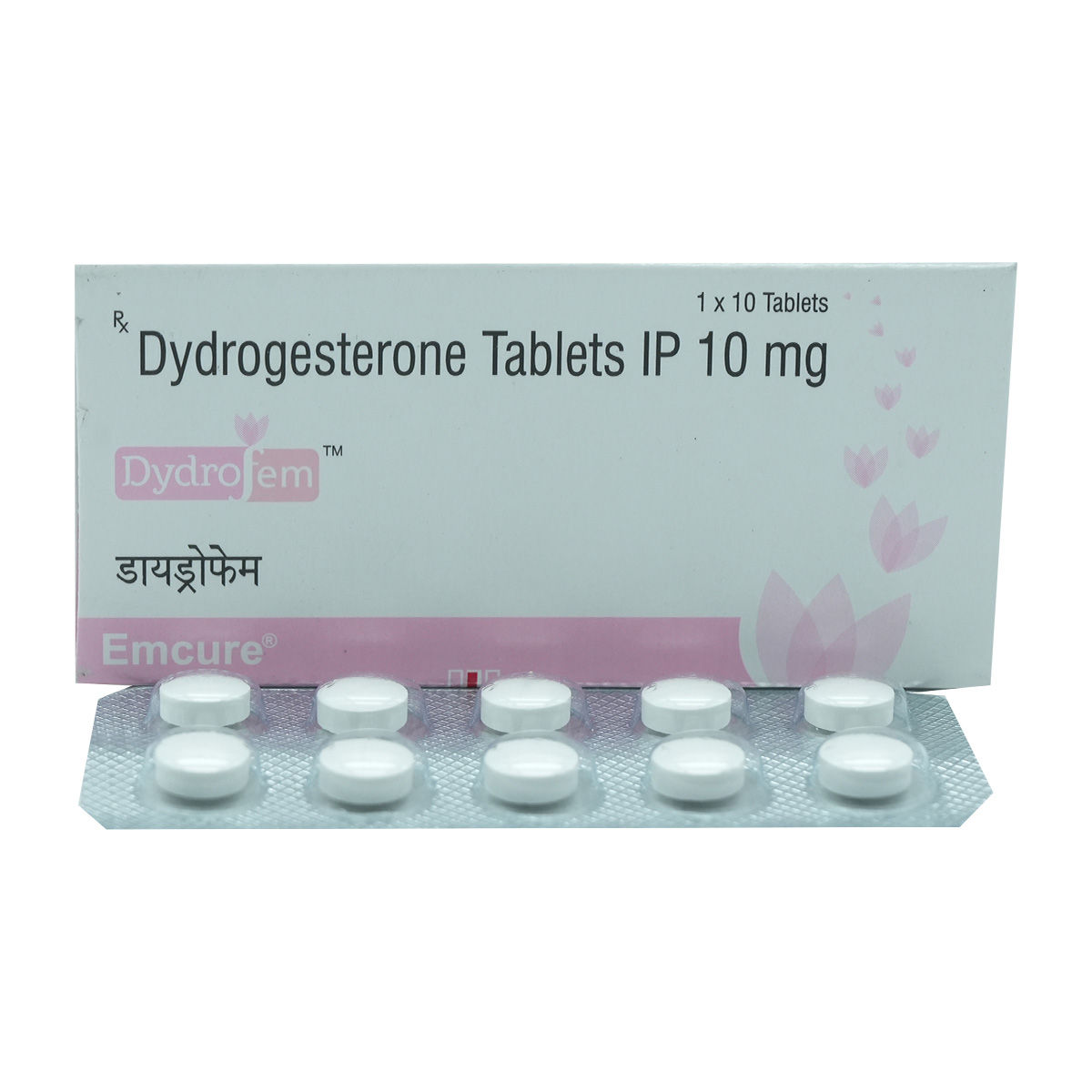 RX
RXDydrofem 10 mg Tablet 10's
₹630
MRP ₹700
10% off
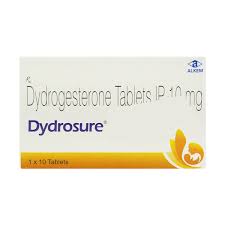 RX
RXDydrosure 10 Tablet 10's
₹596.70
MRP ₹663
10% off
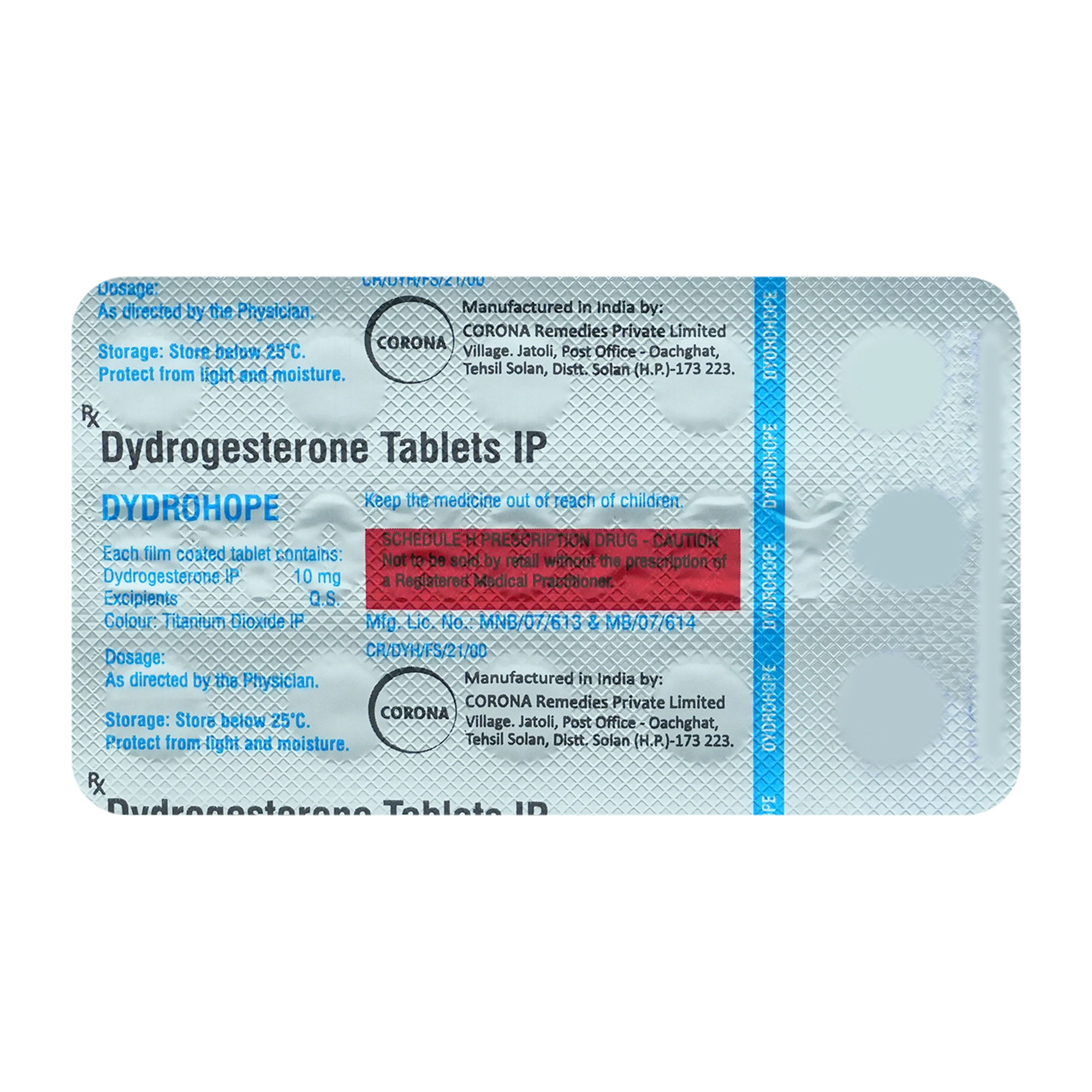 RX
RXDydrohope 10 mg Tablet 10's
₹586.80
MRP ₹652
10% off
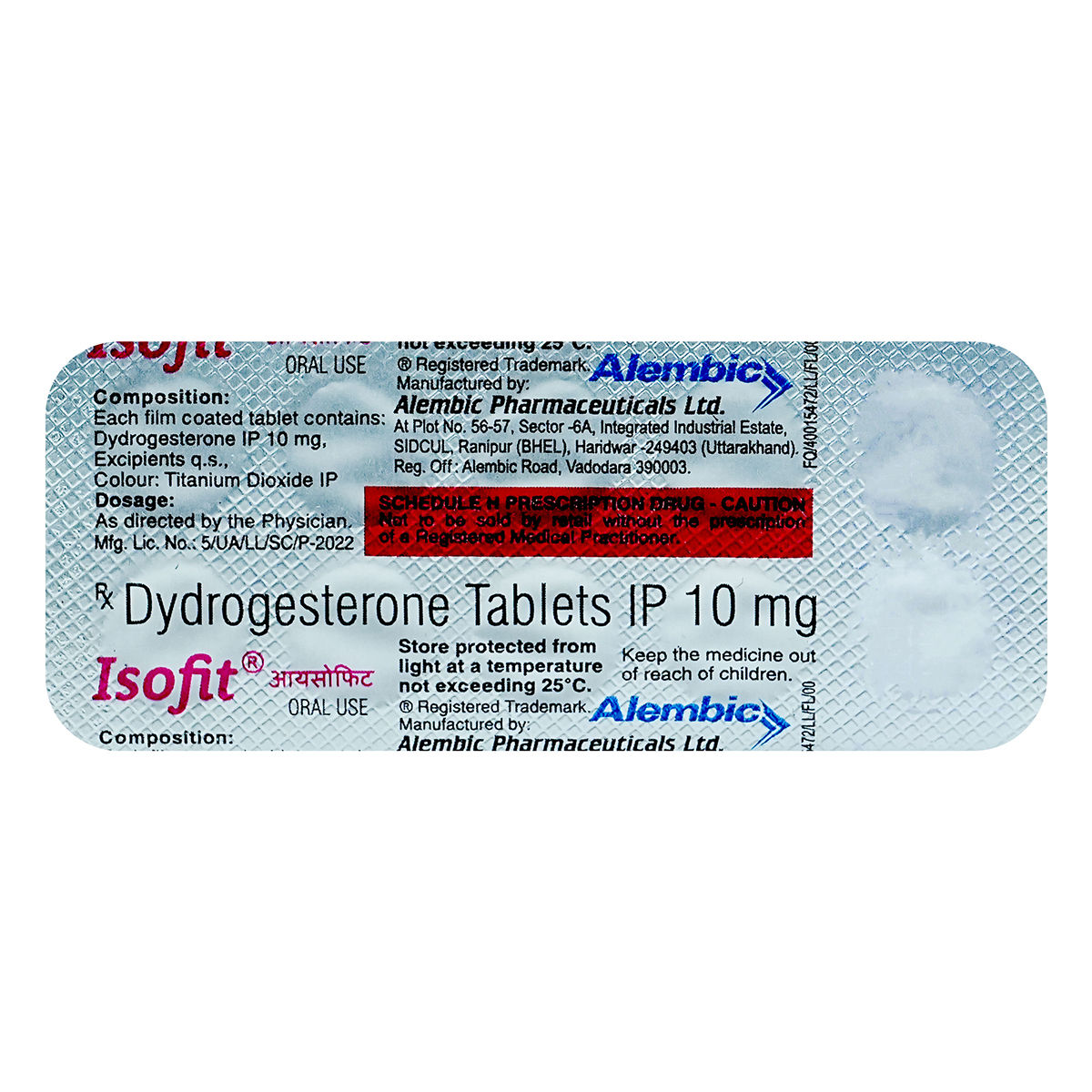 RX
RXIsofit Tablet 10's
₹539.10
MRP ₹599
10% off
 RX
RXKrimson 35 mg Tablet 21's
₹431.10
MRP ₹479
10% off
 RX
RXZuviston 10 Tablet 10's
₹630
MRP ₹700
10% off
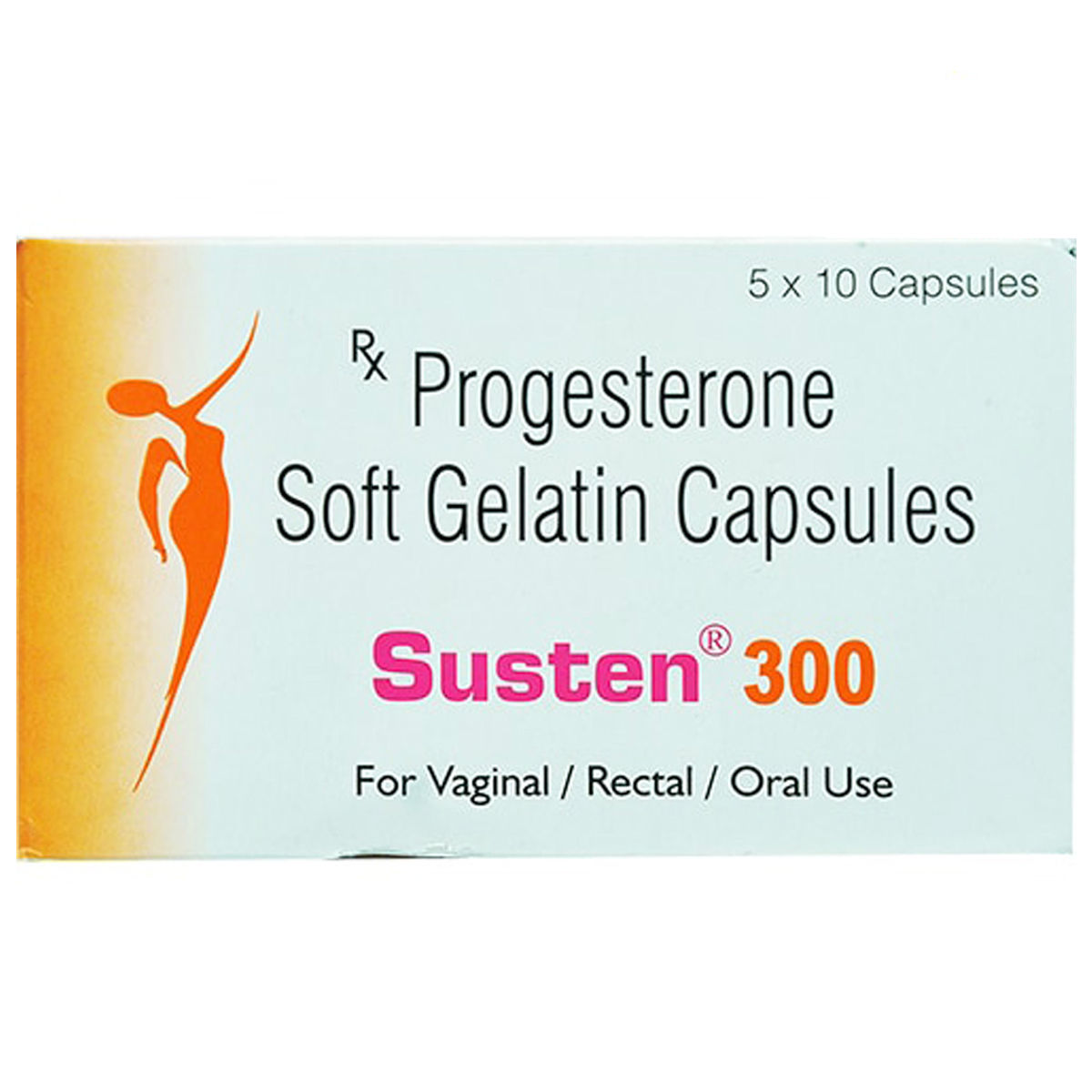 RX
RXSusten 300 Capsule 10's
₹531
MRP ₹590
10% off
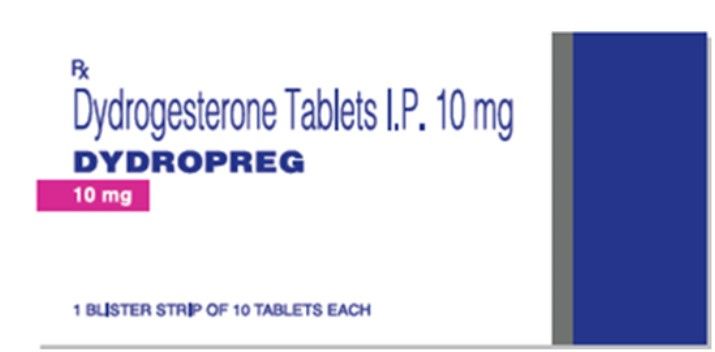 RX
RXDydropreg 10 mg Tablet 10's
₹685.40
MRP ₹761.50
10% off
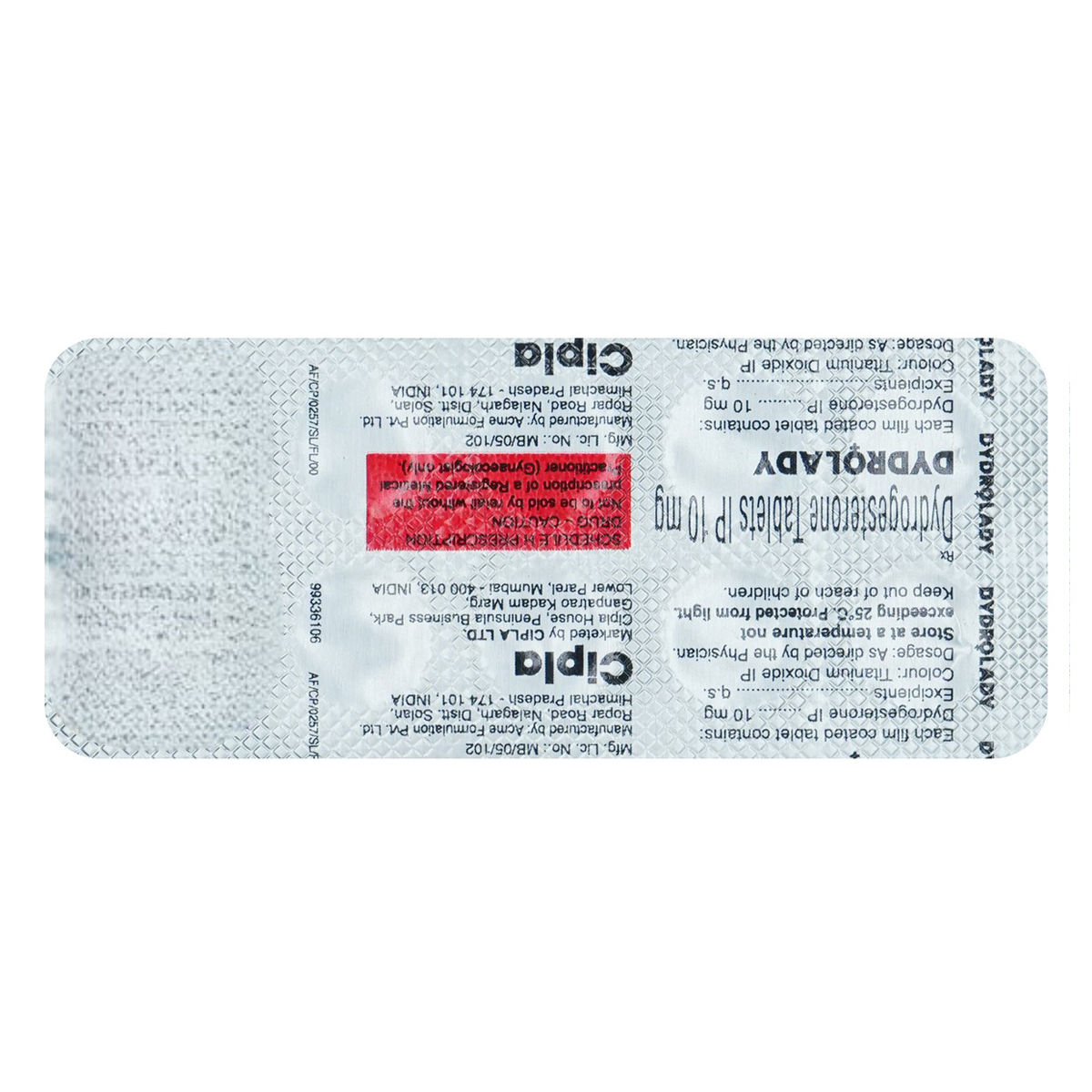 RX
RXDydrolady 10 mg Tablet 10's
₹425.70
MRP ₹473
10% off
 RX
RXDydroease 10 Tablet 10's
₹592.20
MRP ₹658
10% off
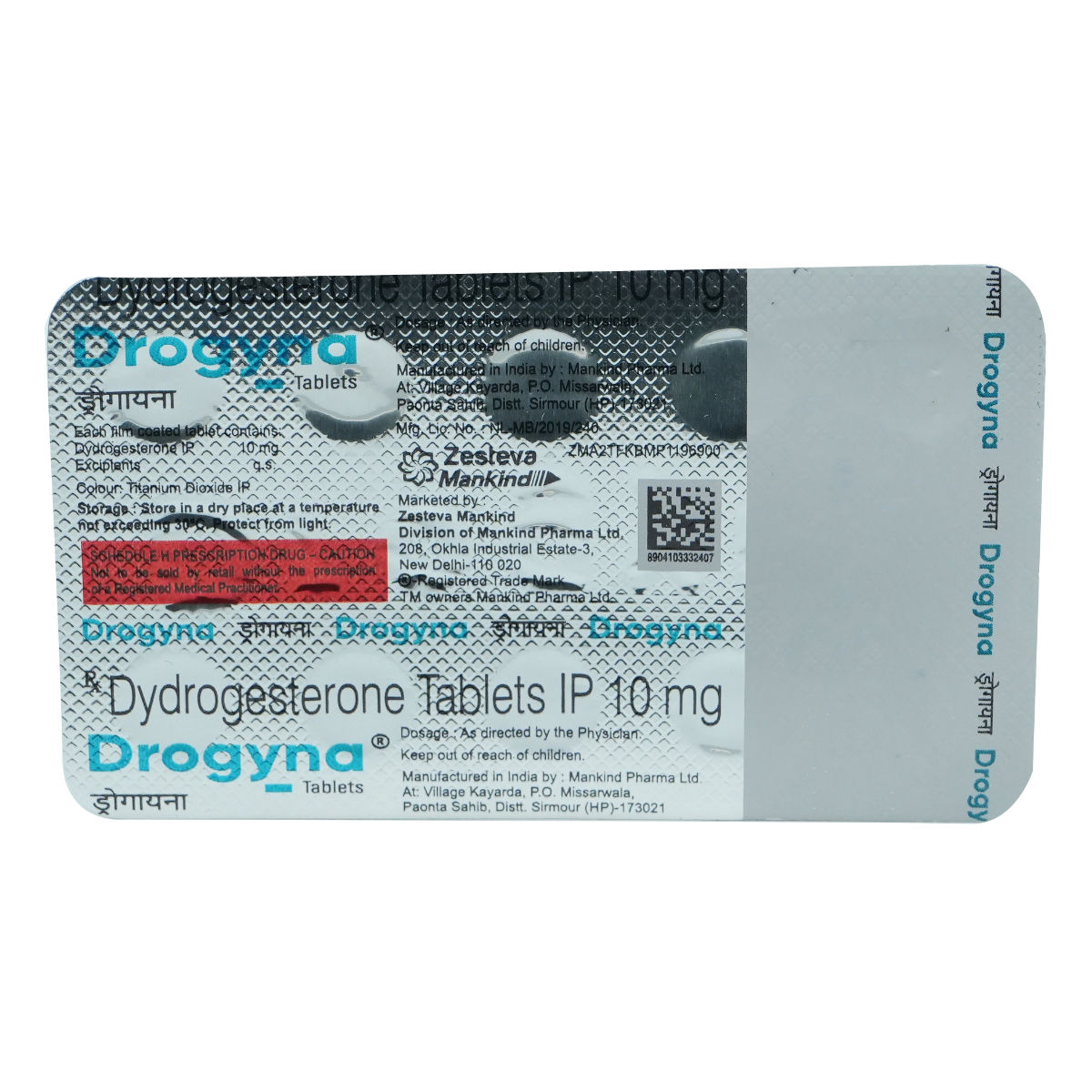 RX
RXDrogyna 10 Tablet 10's
₹611.10
MRP ₹679
10% off
 RX
RXGestofit 300 mg SR Tablet 10's
₹625.50
MRP ₹695
10% off
Medicine for PCOS
Polycystic Ovary Syndrome (PCOS) is a common hormonal disorder affecting women of reproductive age. It is characterised by irregular menstrual cycles, excessive androgen levels, and the presence of multiple cysts in the ovaries. While there is no cure for PCOS, various medicines can help manage its symptoms, such as menstrual irregularities, infertility, insulin resistance, and excessive hair growth.
Types of Medicine for PCOS
PCOS treatment typically involves medications aimed at regulating menstrual cycles, balancing hormones, and addressing symptoms such as acne or excess hair growth. Here are the primary types of medicine for PCOS:
1.Oral Contraceptives (Birth Control Pills)
Oral contraceptives are often used to regulate menstrual cycles and reduce elevated androgen levels in people with PCOS. They help balance hormones, making periods more predictable and reducing symptoms like acne and excessive hair growth. Commonly prescribed oral contraceptives include:
- Ethinylestradiol and Levonorgestrel
- Ethinylestradiol and Drospirenone
2.Metformin
Metformin is commonly prescribed to individuals with PCOS, particularly those who are overweight or have insulin resistance. It helps improve the body's sensitivity to insulin, which can reduce symptoms like weight gain and difficulty losing weight. Additionally, metformin can help regulate menstrual cycles and improve ovulation.
3.Anti-Androgens
Anti-androgens are used to block the effects of excess male hormones (androgens) in people with PCOS. These medications can help reduce symptoms like excessive hair growth (hirsutism) and acne. Common anti-androgens include:
4.Spironolactone
- Finasteride
5.Clomiphene Citrate
Clomiphene citrate is a fertility medication often prescribed to women with PCOS who are struggling with infertility. It works by stimulating ovulation, helping to regulate the release of eggs from the ovaries, which can increase the chances of conception.
6.Progestins
Progestins are synthetic progesterone used to regulate menstrual cycles and protect the uterine lining. They are sometimes prescribed for individuals who do not respond to oral contraceptives or need an additional treatment option for abnormal bleeding.
7.Gonadotropins
Gonadotropins are injectable hormones that stimulate the ovaries to produce eggs, often used when other fertility treatments have not been successful. These medications are usually prescribed for women with PCOS who are undergoing assisted reproductive technology (ART) treatments like in-vitro fertilisation (IVF).
Benefits of Using Medicine for PCOS
Medicine for PCOS offers a variety of benefits, depending on the specific symptoms or underlying causes being treated. Here are some of the key benefits:
- Regulates Hormonal Imbalances: Medications like oral contraceptives and anti-androgens help restore hormonal balance, addressing symptoms such as irregular periods, excessive hair growth (hirsutism), and acne by lowering elevated androgen levels.
- Improves Menstrual Regularity: Hormonal contraceptives and progestins help regulate menstrual cycles, making periods more predictable and less painful. This can reduce the risk of irregular bleeding and other menstrual-related issues often experienced by those with PCOS.
- Supports Fertility: Ovulation-inducing medications like clomiphene citrate and gonadotropins stimulate the ovaries to release eggs, enhancing ovulation and increasing the likelihood of pregnancy for individuals with PCOS-related infertility.
- Manages Insulin Resistance: Metformin, a commonly prescribed medication for PCOS, improves the body’s sensitivity to insulin, helping to regulate blood sugar levels. This can lower the risk of developing type 2 diabetes, assist with weight management, and address symptoms like fatigue and difficulty losing weight.
- Reduces Androgenic Symptoms: Anti-androgen medications, such as spironolactone, block the effects of excess male hormones (androgens), helping to reduce symptoms like excessive hair growth, thinning hair on the scalp, and persistent acne, which are common in PCOS.
- Protects Uterine Health: Progestins help prevent the overgrowth of the uterine lining (endometrial hyperplasia) by inducing regular menstrual bleeds. This can reduce the risk of developing endometrial cancer, a concern for individuals with irregular periods or no periods due to PCOS.
- Improves Quality of Life: By managing multiple PCOS symptoms, medications can help reduce the physical and emotional discomfort associated with the condition, leading to a better overall quality of life.
- Promotes Ovulation and Reproductive Health: Medications for insulin resistance and ovulation induction help regulate ovulation, supporting reproductive health and increasing the chances of conception for those struggling with fertility issues.
Dosage & Usage Instructions of Medicine for PCOS
The dosage and usage instructions for PCOS medications vary depending on the specific medication and the individual’s health needs. Below are general guidelines for some of the commonly prescribed treatments:
- Oral Contraceptives:
Typically taken once daily, starting at the beginning of a menstrual cycle. The doctor may recommend a continuous regimen or a cyclical regimen based on individual needs.
- Metformin:
Usually taken once or twice a day with food to reduce gastrointestinal side effects. The dosage can be gradually increased as tolerated.
- Anti-Androgens:
Spironolactone is typically taken once or twice a day. It may take several months to notice improvement in symptoms such as hirsutism and acne.
- Clomiphene Citrate:
Usually taken for 5 days at the beginning of the menstrual cycle, starting on day 3 to 5 after the onset of menstruation. The doctor will adjust the dosage based on the patient’s response.
- Progestins:
Typically taken for 10-14 days each month to induce a withdrawal bleed. The dosage and frequency are adjusted according to individual needs.
- Gonadotropins:
Administered through injections, usually under the supervision of a fertility specialist. The dosage is carefully adjusted based on the individual's response.
Medications for PCOS help manage symptoms like irregular periods, insulin resistance, and hormonal imbalances, but they must be used correctly for optimal results. Below are important precautions to consider while taking medicine for PCOS.
- Always take medications as prescribed by your doctor, and do not adjust your dosage without consultation.
- Some medications, such as oral contraceptives and anti-androgens, may take several weeks or months to show visible improvements.
- Be aware of potential side effects, including nausea, headaches, and changes in mood, and contact your healthcare provider if these persist.
- If you are trying to conceive, discuss fertility medications with a specialist to ensure the most effective and safe treatment plan.
Where to Order Medicine for PCOS Online?
If you're looking for medications to manage your PCOS symptoms, Apollo Pharmacy offers a variety of treatments for PCOS, from oral contraceptives and Metformin to anti-androgens and fertility medications. With fast and reliable delivery, you can conveniently order your prescribed medications online from Apollo 24|7.
Frequently asked questions
There is no cure for PCOS, but medications can help manage symptoms, regulate menstrual cycles, improve fertility, and address associated conditions like acne and excessive hair growth.
The duration of medicine for PCOS varies depending on the treatment plan. Some medications, like birth control pills, may be used long-term, while others, like fertility medications, are used for specific periods to aid ovulation.
While metformin can help improve insulin sensitivity and may assist in weight management, it is not a weight-loss medication. It is most effective when combined with a healthy diet and regular exercise.
Yes, many individuals with PCOS can conceive, especially with the help of fertility treatments like Clomiphene Citrate. However, some may require assisted reproductive technologies, such as IVF.
Side effects depend on the medicine for PCOS but may include nausea, headaches, mood changes, and changes in menstrual bleeding. It's important to discuss potential side effects with your healthcare provider before starting treatment.
